For Ohio renters, protecting belongings from unexpected damage is a priority, especially when it comes to natural disasters like floods. But many tenants wonder, does renters insurance cover flood damage in Ohio?
While renters insurance provides essential protection for personal items in cases of fire, theft, and specific water-related incidents, it generally does not include flood damage. In this article, we’ll break down what renters insurance covers, Ohio-specific insurance guidelines, tips for protecting your valuables, and additional coverage options to safeguard your belongings.
What Is Renters Insurance, and What Does It Cover?
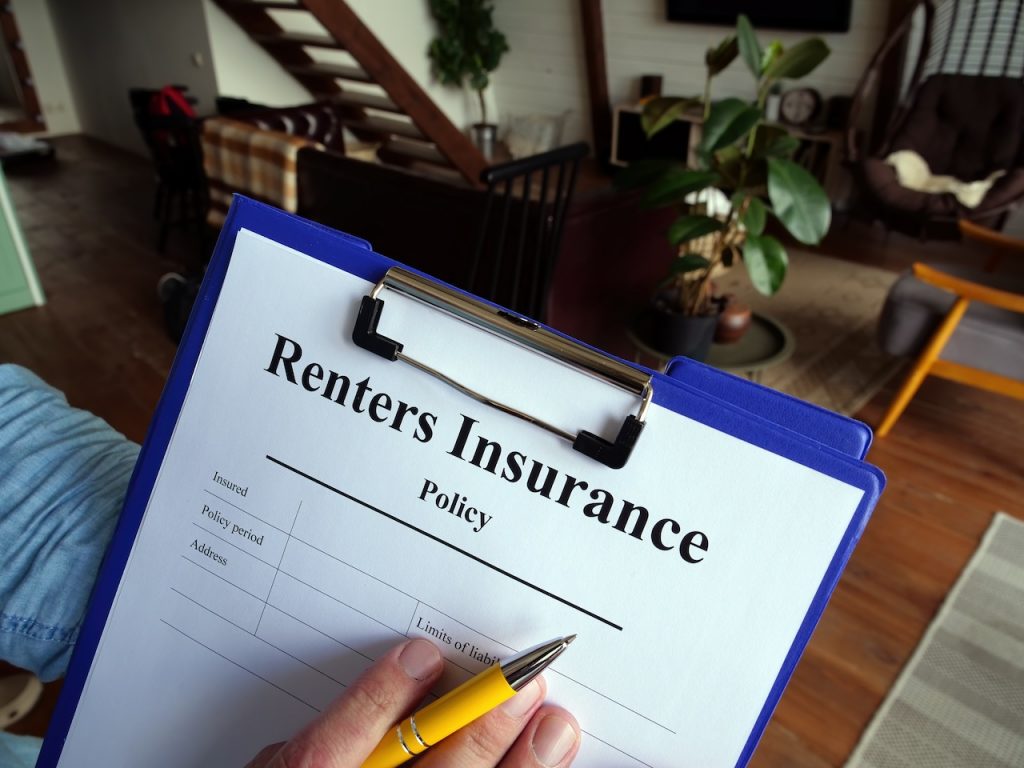
Renters insurance is designed to protect tenants from losses due to events like theft, fire, and certain types of water damage.
Renters insurance typically includes three main components:
- Personal Property Coverage – Protects belongings like furniture, electronics, and clothing.
- Liability Coverage – Offers protection if someone is injured in your rental space.
- Additional Living Expenses (ALE) – Covers temporary housing costs if your rental unit becomes uninhabitable.
However, the standard policy does not include natural flooding from rising waters or heavy rainfall. Instead, additional insurance, like flood insurance, is necessary to address these concerns.
Does Renters Insurance Cover Flood Damage in Ohio?
Like most U.S. states, Ohio’s standard renters insurance does not cover flood damage. While it will typically cover water damage from internal incidents, such as a burst pipe, flood damage from external water sources falls outside the coverage scope. Flood insurance policies are specifically designed to handle flood-related damage, as these incidents can cause extensive and costly destruction that exceeds standard coverage limits.
Why Flood Damage Requires Separate Insurance Coverage

Due to the high costs associated with flood-related repairs and replacements, the insurance industry has designated flood insurance as a separate policy.
Flooding, whether due to natural causes or severe storms, leads to extensive property damage and poses unique risks, which is why it is under a separate policy. Unlike typical water damage, which might result from plumbing issues, floodwater can rapidly ruin carpets, furniture, electronics, and personal valuables, making it crucial for Ohio tenants in high-risk areas to explore flood insurance options.
How to Obtain Flood Insurance as an Ohio Renter
For tenants in Ohio, obtaining flood insurance often involves purchasing a policy through the National Flood Insurance Program (NFIP). This federally-backed program provides flood insurance to property owners, renters, and businesses. Private insurers also offer additional flood insurance coverage, which might include options that go beyond the NFIP’s basic policies.
- Through the National Flood Insurance Program (NFIP): NFIP offers standard flood policies that are available through most insurance providers. Policies cover up to $100,000 in personal property for renters, which can be sufficient for most rental homes.
- Private Insurance Options: Some private insurers offer supplemental flood policies with higher coverage limits. These options may be a better fit for tenants with valuable possessions or specific needs outside NFIP limitations.
Ohio-Specific Guidelines for Flood and Renters Insurance
Ohio has its own set of guidelines for flood-prone areas, and while flood insurance is not legally required for renters, it is highly recommended in designated flood zones. Ohio’s state and federal agencies have worked to identify high-risk flood areas and encourage both homeowners and renters to consider flood insurance in these zones. For renters living in these high-risk locations, flood insurance provides a safety net, ensuring their belongings are covered in the event of rising waters or natural disasters.
Legal Requirements and Guidelines for Ohio Renters
While flood insurance is optional for renters, tenants in Ohio should consider it, especially if they live in areas with a history of flooding. Some landlords may recommend flood insurance for residents, particularly in flood-prone locations, to minimize potential property damage. Although landlords’ insurance covers structural damage, this coverage does not extend to tenants’ belongings, underscoring the importance of personal flood protection policies.
Understanding Flood Zones in Ohio
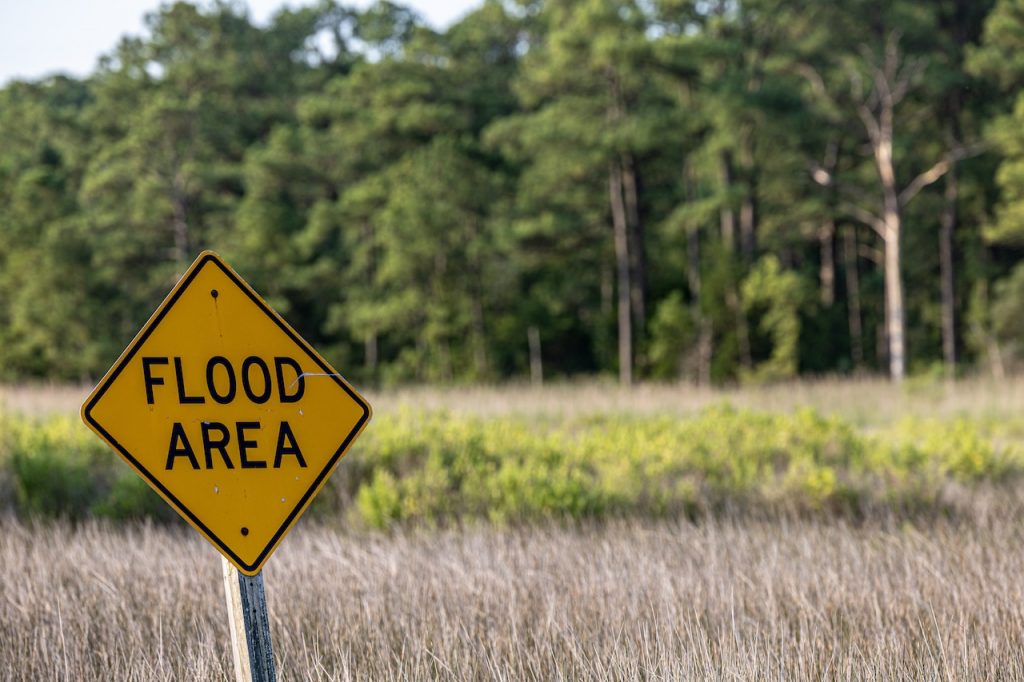
Living in a flood-prone zone significantly increases the risk of flood damage, making flood insurance a prudent choice.
Ohio residents can check their flood zone status through the Federal Emergency Management Agency (FEMA) flood map service. Tenants who are aware of their flood zone status can better understand the risks and take steps to secure appropriate coverage to protect their possessions.
Additional Insurance Options for Renters in Flood-Prone Areas
In addition to flood insurance, renters can look into other options to cover potential gaps:
- Personal Property Floater or Rider: This provides extra coverage for valuable items like electronics, jewelry, or art.
- Excess Flood Insurance: For high-value items, excess flood insurance offers protection that goes beyond standard policy limits, ensuring greater coverage for more expensive belongings.
- Water Backup and Sump Pump Overflow Coverage: While not specifically flood insurance, this add-on covers damage from water backups due to sump pump failures or sewer backups, which are more common during severe storms.
Tips for Ohio Tenants to Protect Their Belongings from Flood Damage
As a renter, there are practical steps you can take to protect your valuables from flood risks:
- Elevate and Secure Valuables: Move electronics, important documents, and sentimental items to higher locations in your rental unit.
- Invest in Waterproof Storage: Use waterproof bins and cases to store valuable documents or personal items.
- Prepare a Flood Safety Plan: Familiarize yourself with evacuation routes, emergency contacts, and safety procedures if a flood occurs.
- Document Your Belongings: Take photos or videos of high-value items to ensure you have a record for insurance claims.
These precautions help minimize damage and ease the recovery process after a flood incident.
Professional Restoration Services with PuroClean Fire & Water Experts
If flood damage occurs, professional restoration services can help minimize the aftermath and restore your living space. In Ohio, PuroClean Fire & Water Experts specializes in water and flood damage restoration. Our expertise ensures quick and thorough repairs, helping tenants restore their belongings and prevent further damage. Contact us today at (614) 309-5739 to prevent further damage and the spread of mold.
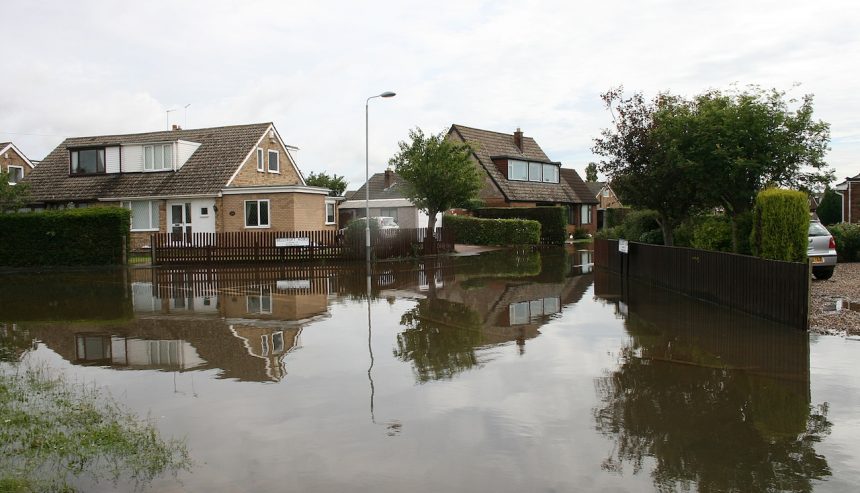
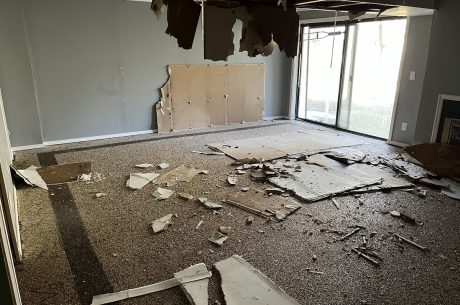
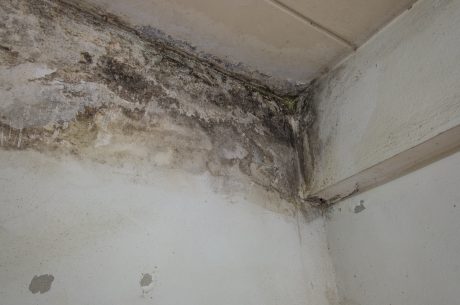

 PuroClean Fire & Water Experts
PuroClean Fire & Water Experts